If you've ever tasted a steaming bowl of chicken gumbo and wondered what makes it so uniquely earthy, thick, and just a little mysterious—your answer is hiding in a tiny bottle labeled file powder. But here's the kicker: most folks don't know how powerful this little spice really is. Today, we're exploring all things file powder and why it deserves more love than your college roommate.
Why Is File Powder So Special in Chicken Gumbo?
Let's get one thing straight—file powder isn't just any herb or spice. It comes from the dried leaves of the sassafras tree, a native North American plant with roots in Native American cuisine and Creole cooking traditions.
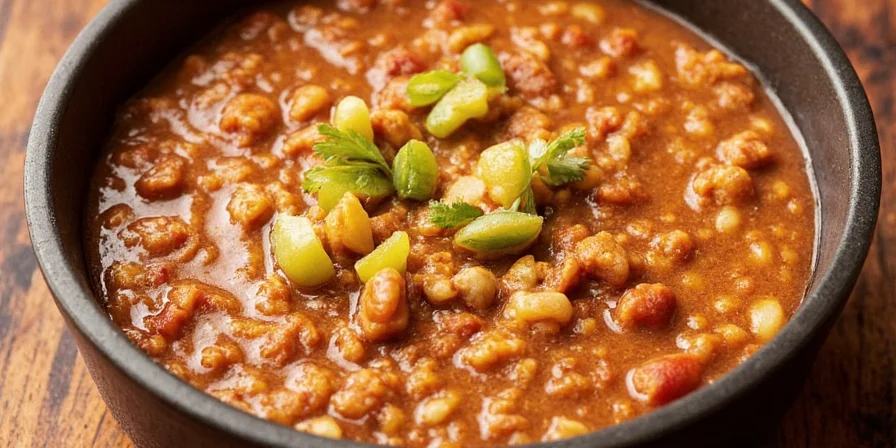
When used in chicken gumbo, it adds not only flavor but also acts as a natural thickener. Unlike roux or okra, file gives a silky texture and an herbal complexity that rounds out the rich, smoky undertones of the stew perfectly. Note: While sassafras root bark contains regulated compounds, file powder made from leaves is considered safe for culinary use and contains negligible trace amounts.
| Thickening Agent | Texture | Flavor Contribution |
|---|---|---|
| Roux | Smooth, velvety | Nutty, toasted |
| Okra | Slippery, viscous | Green, fresh |
| File Powder | Light yet rich, slightly fibrous | Earthy, herbal, woody |
Top 5 File Powder Hacks for Chicken Gumbo
Ready to level up your gumbo game? Here are five practical ways to maximize file powder:
- Don't Boil It In!
Sprinkle file powder in at the very end of cooking. Adding it during boiling causes undesirable gelatinous clumping. Stir gently until fully incorporated. - Mix With Cold Liquid First
Prevent clumping by mixing file powder with a splash of cold broth before adding to hot gumbo. This ensures smooth integration. - Test Freshness Monthly
File powder loses potency over time. If it smells like old cardboard, replace it. Store in a cool, dark place for optimal shelf life. - Tableside Flavor Boost
In authentic Louisiana kitchens, file powder is served tableside like salt and pepper. Offer small shakers for guests to customize texture and depth. - Expand Beyond Gumbo
Use file powder in stews, rice dishes, or meat rubs. Its earthy profile complements bold spices without overpowering—like a culinary velvet jacket.
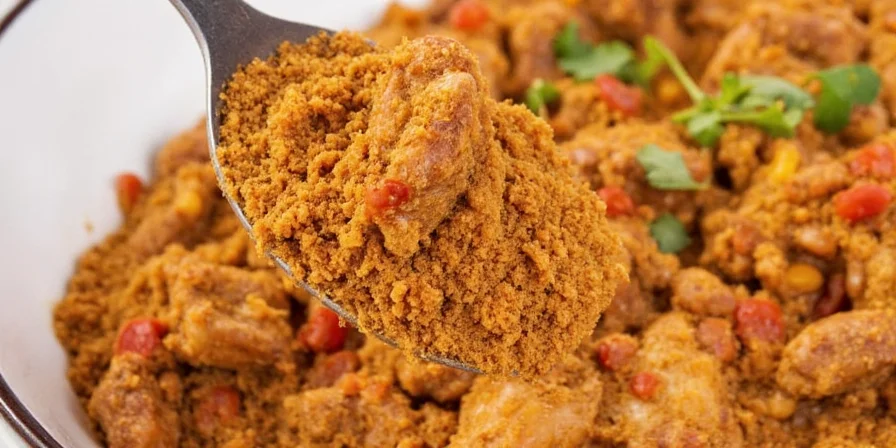
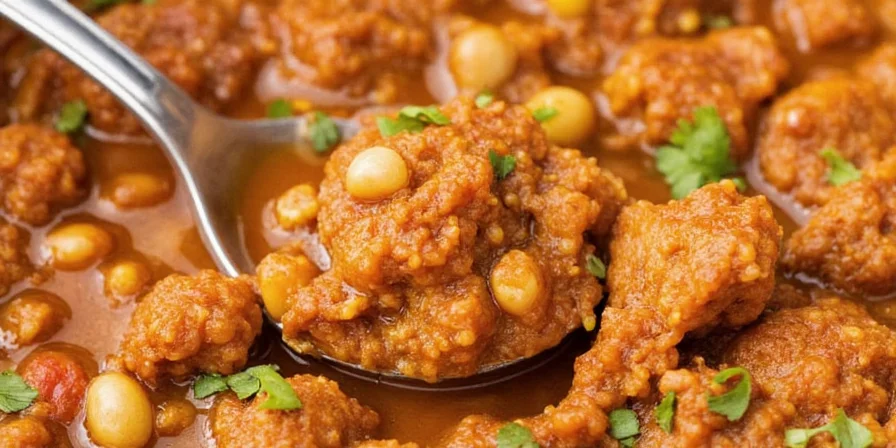
What If You Can't Find File Powder?
No file powder? Try these practical alternatives:
- Xanthan Gum + Herbs
Combine xanthan gum for thickening with dried thyme for earthy notes. Not identical, but functional in emergencies. - Fresh Okra Solution
Embrace okra's natural viscosity for texture. Pair with cornbread for authentic Creole comfort.
The File vs. Roux Debate – Who Wins?
Both file powder and roux define Creole and Cajun cooking traditions, but serve different purposes:
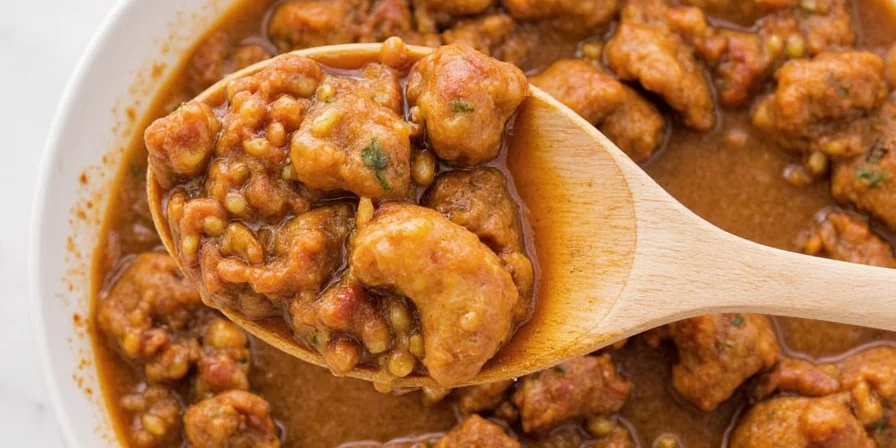
| File Powder | Roux | |
|---|---|---|
| Thickening Power | Moderate | High |
| Flavor Profile | Earthy, woodsy | Nutty, caramelized |
| Time Required | None (added at end) | 20–30 mins of whisking |
| Cultural Origin | Native American/Creole | French/Cajun |
Here's the global perspective: While West African stews rely on okra's viscosity and French sauces use roux, file powder represents America's unique contribution to thickening traditions. Its earthy whisper is irreplaceable in authentic gumbo—proving that thickening techniques reflect cultural identity as much as culinary function.
Can You Overdo It?
Absolutely. File powder's strong personality can dominate if overused. Stick to 1–2 teaspoons per serving to avoid forest-floor flavors. Precision matters: this spice transforms from hero to villain at the teaspoon mark.
Final Thoughts – File Powder: The Gumbo Game-Changer
From sassafras leaves to Southern kitchen essential, file powder delivers unmatched depth when used correctly. Treat it like the VIP ingredient it is—add at the perfect moment, let it mingle, and watch ordinary gumbo become extraordinary. This isn't just about thickening; it's about honoring culinary heritage in every spoonful.
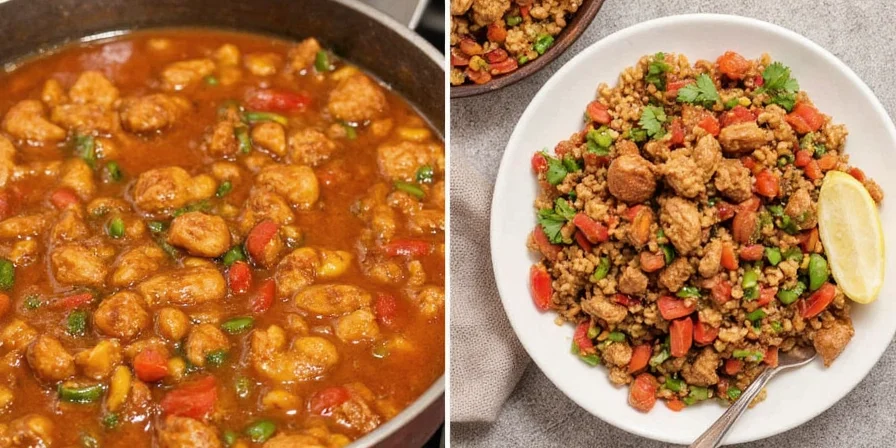
Frequently Asked Questions About File Powder
Can I use file powder in dishes other than gumbo?
Yes! File powder enhances stews, rice dishes, and grilled meats. Its earthy flavor complements bold spices without overpowering—use sparingly as it's potent.
How long does file powder stay fresh?
File powder maintains optimal flavor for 6-12 months when stored in a cool, dark place. Discard if it develops a cardboard-like odor, indicating lost potency.
Is file powder the same as sassafras root?
No. File powder is made exclusively from dried sassafras leaves, which are culinary-safe. Sassafras root contains regulated compounds and shouldn't be used as a substitute.
Why can't I boil file powder?
Boiling causes file powder to break down into an unappetizing gelatinous texture. Always add it after removing gumbo from heat for ideal silkiness.
File powder might be a small ingredient, but its impact on chicken gumbo is monumental. Treat it with respect, and your gumbo will sing with authentic Creole soul.











 浙公网安备
33010002000092号
浙公网安备
33010002000092号 浙B2-20120091-4
浙B2-20120091-4